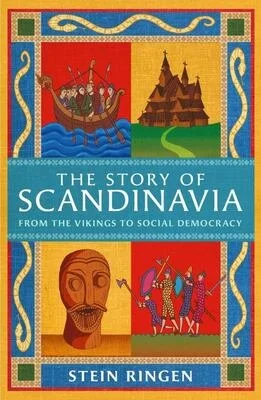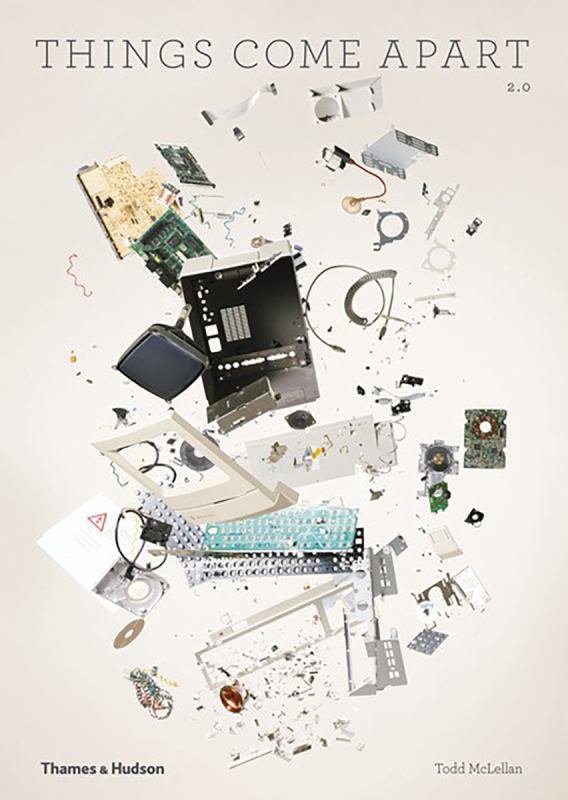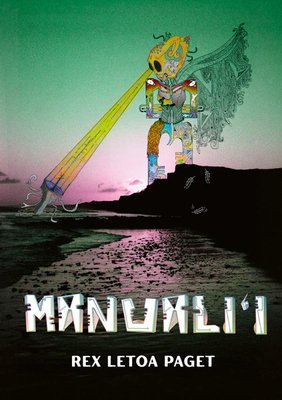Gliff is a book about authoritarianism, bonding, boundaries, bureaucracy, categories, choices, climate, community, crisis, cruelty, curiosity, data, definitions, devices, disconnection, doubt, exploitation, fables, fierceness, freedom, hope, horses, humanness, identity, imagination, kindness, language, lies, limitations, loss, meaning, meaningless, money, obedience, pollution, power, possibilities, power, profit, questions, rebellion, a red line, reduction, refugees, regulations, reports, resistance, revelation, rigidity, siblings, story-telling, a strange machine, surveillance, the digital world, the othered, the unwanted, toeing the line, truth, undesirables, verification, words.
It’s a book about now, our near future, the past, time. It’s a book that frightens, dances, plays, whispers and shouts. It’s a book that draws on mythology, fairytales, art, poetry and literature; and gives us words that have come before and will go ahead of us. It’s a warning and a promising embrace.
Siblings Briar and Rose are left to fend for themselves. Leif has found them an empty house to wait in. He’s taken their passports, left them with a stack of tinned food and a roll of notes. Their home has been red-lined, their camper van red-lined. There’s a paddock of horses waiting to be sent to the knacker’s yard. Rose and Gliff have formed an unbreakable bond of perfect trust. Briar is putting the pieces of the puzzle together, while Rose is clear-eyed in instinct if not in knowledge, in a world that insists on order. An order that feeds the machine of the wealthy and the powerful.
Ali Smith’s Gliff is a book that I didn’t want to finish. A book so interesting, nuanced and layered, that I did not want to depart. To stay in this playfulness of words, the richness of language and story, to be suspended with curiosity, while also confronted by the urgency of our 21st century landscape must surely be a work of genius. Fortunately, this book is one of a pair; —Glyph will follow Gliff.
































































